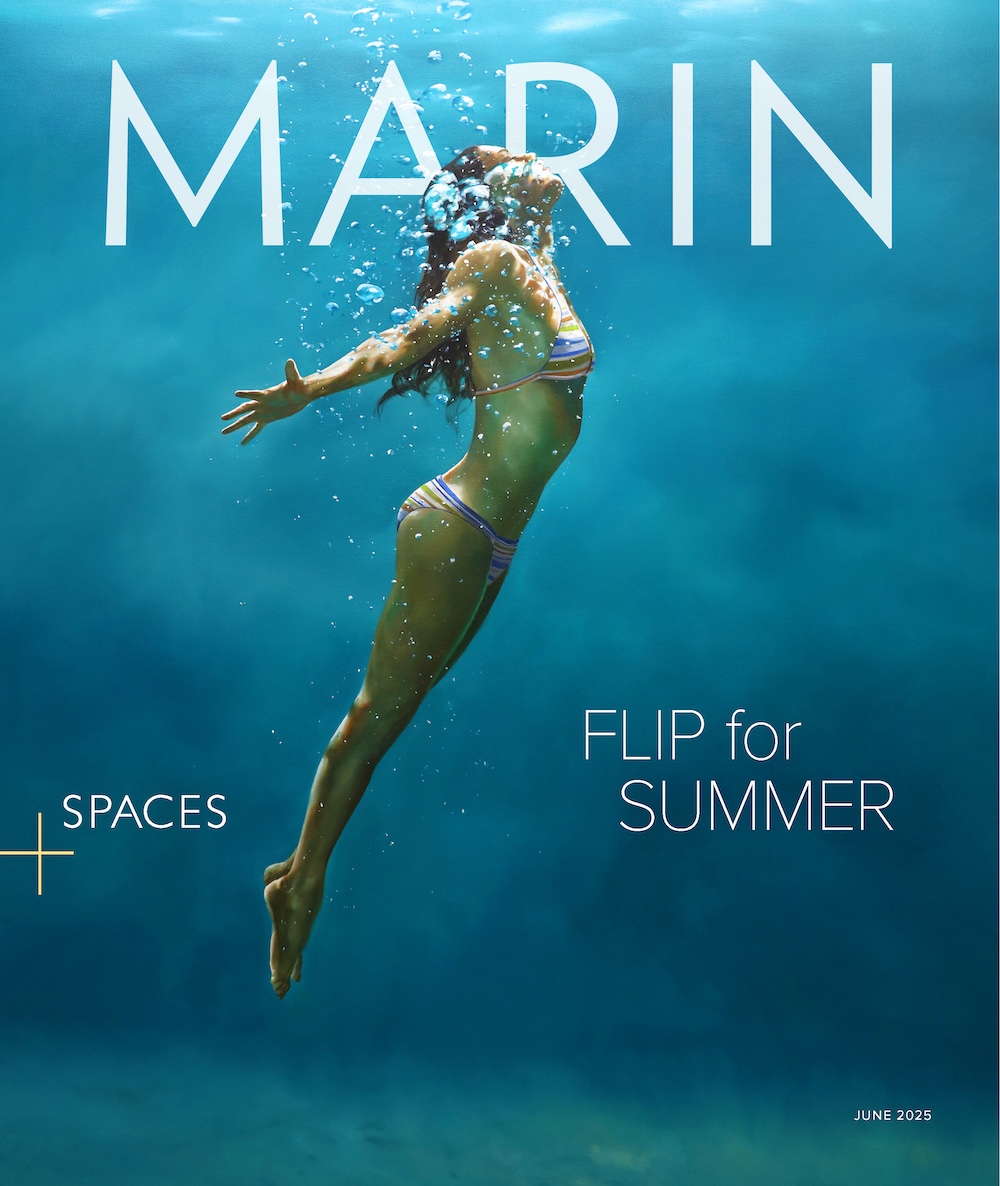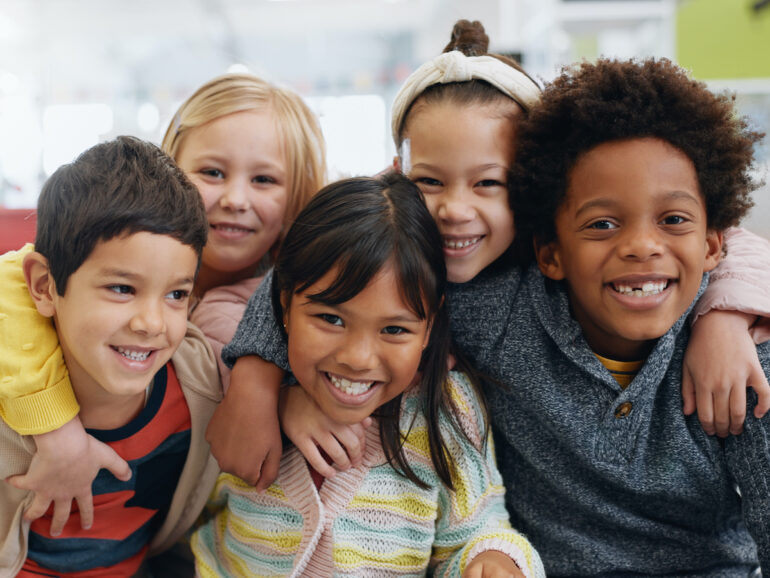Learn about 19 local schools and their approaches, philosophies and consideration of Diversity, Equity and Inclusion (DEI). Sometimes called DEIB (Diversity, Equity, Inclusion and Belonging), DEI is a framework that promotes the fair treatment and participation of all people, particularly groups who have been historically discriminated against for their identity or disability. Here’s how private schools in Marin and San Francisco incorporate DEI practices on their campuses.
Archbishop Riordan High School
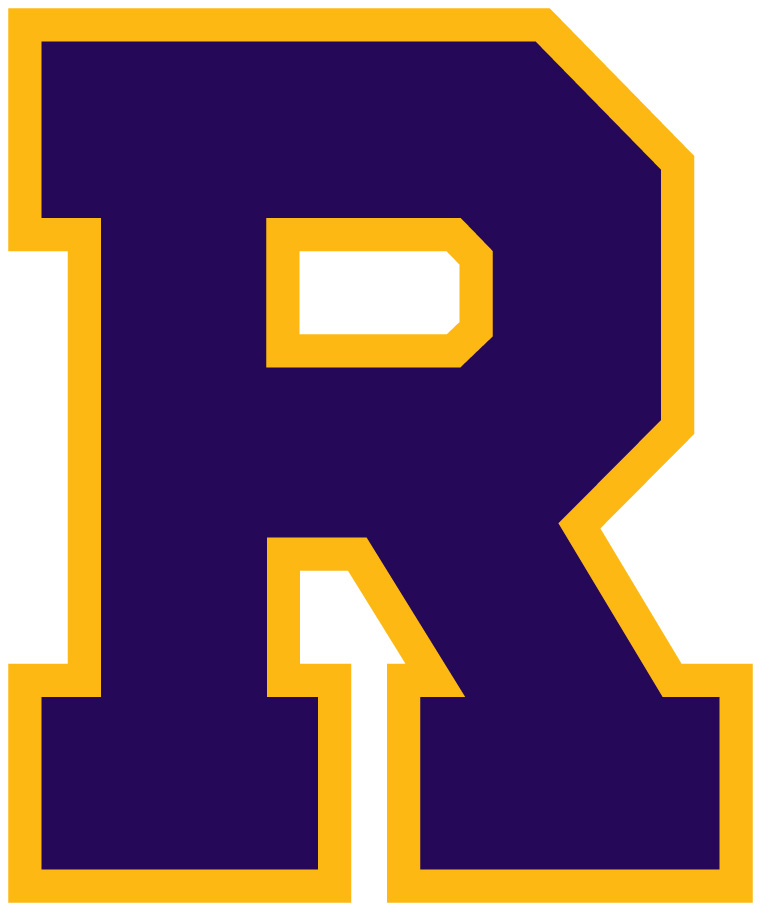
What is your school’s academic philosophy?
At ARHS, we design for learning. Our students earn grades based on their performances on assessments aligned to our department standards. Students have daily learning activities just as students at other high schools do; however, like college students, Riordan students don’t get points for completing these tasks. To the contrary, they meet these academic challenges so that they can learn the material and skills they need to be successful on our project-based assessments and so that they can carry these abilities to college and beyond.
How does your school support individual students’ learning needs?
While we have competitive individual programs such as engineering, biomedical sciences and business, our resource specialist program, designed for students with learning differences, is the gold standard for support programs amongst the Bay Area Catholic schools. Students in the program have study skills classes and English support classes built into their schedules along with a dedicated RSP coordinator, classroom accommodations, after-school and office hours support, separate testing facilities and counseling support.
How does your school see Diversity, Equity and Inclusion (DEI), and how does it incorporate DEI practices into its classrooms and curricula?
Niche.com ranks Riordan among the most diverse schools in the state. This kind of student composition inherently promotes inclusion. Every day, our students, faculty and staff engage in cross-cultural interactions and celebrate a variety of cultures without the need for structured DEI programs. We feel that our school’s organic interactions are more authentic and effective than programmatic interventions. We choose to emphasize a sense of unity and shared identity.
Brandeis Marin
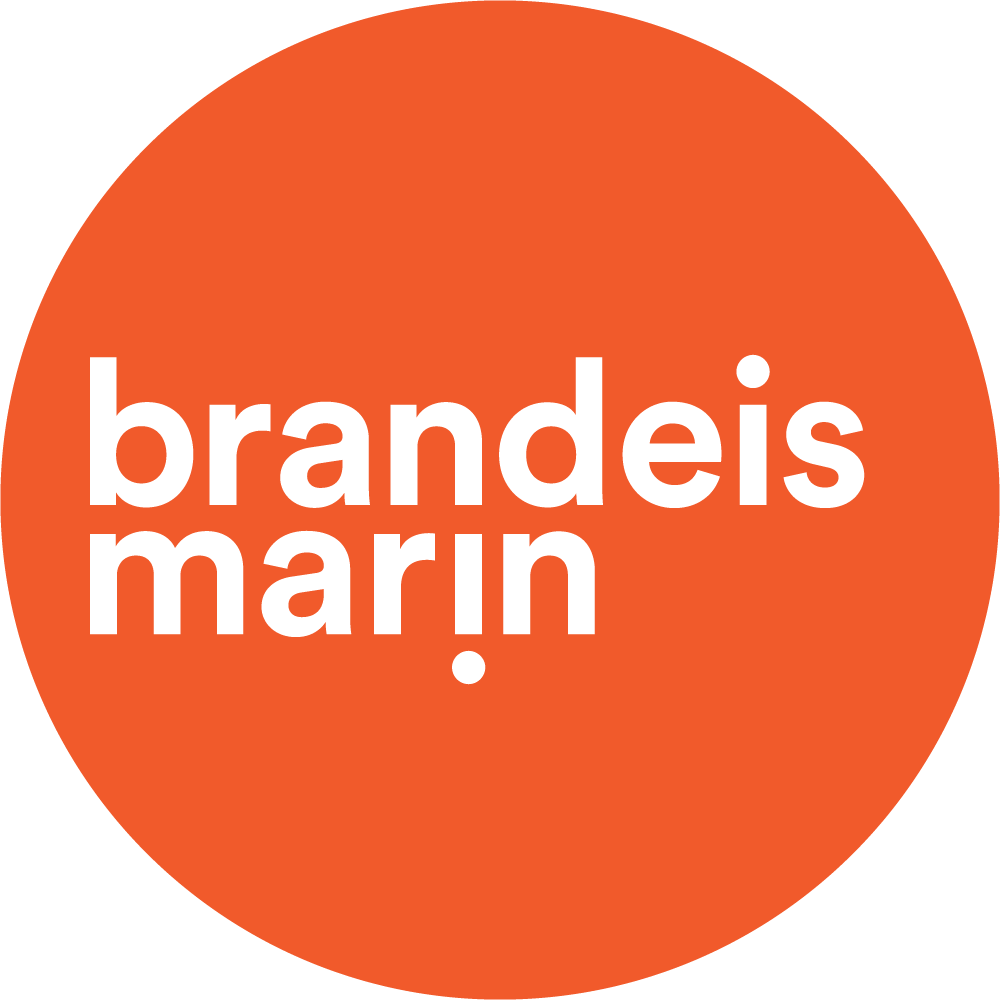
What is your school’s academic philosophy?
Every facet of Brandeis Marin — from academics to support services — is designed to nurture the whole child. Our innovative social-impact curriculum cultivates creativity and ethical consciousness, supporting our graduates to become leaders and agents of positive change. Our community is intellectually and morally strengthened when many different voices, viewpoints and backgrounds learn with and from each other.
How does your school support individual student’s learning needs?
Small class sizes enable teachers to connect with students and support their transformation into scholars, friends, athletes, artists and spiritual beings. When needed, our full-time learning support specialist works closely with students, teachers, families and outside professionals to implement strategies tailored to each child’s needs. Cultivating a strong home/school partnership is a top priority for administrators and faculty.
How does your school see Diversity, Equity and Inclusion, and how does it incorporate DEI practices into its classrooms and curricula?
Brandeis Marin is a learning community committed to diversity, equity and inclusion. This commitment emanates from the school’s core Jewish values of kindness (Chesed), integrity (Ometz Lev), and service (Tikkun Olam), as well as honoring the dignity of every person (Kavod HaBriot).
It is our belief that our community is intellectually and morally strengthened when many different voices, viewpoints and backgrounds learn with and from each other.
Chronos Academy
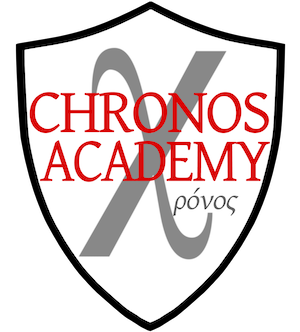
What is your school’s academic philosophy?
Chronos Academy is an innovative, TK–8 school that integrates every subject with global history; each week is a stop on a journey through time. When gifted children are exposed to the diverse history of peoples, ideas, sciences and the arts, they thrive. They take pleasure in making their own connections to innovators who came before them and discovering the important role they play, present day. Here, precocious, driven and divergent thinkers reach their intellectual potential through activities such as connecting every lesson to a chronological timeline; memorization to music; exploration outdoors, in museums or theater and more.
How does your school support individual students’ learning needs?
All students learn the same integrated content each week, but skills are individualized to each student’s unique learning profile. Students learn math, writing and language at their own pace in small classes of eight to 12 students. They spend at least one hour every week working one-on-one with a teacher on their personal learning goals, strengthening weaknesses or delving deeper into areas of interest, and teachers celebrate students’ progress toward mastery of each skill. Learning specialists are available on campus during the school day to meet students’ goals so that every student consistently expands their full potential.
How does your school see Diversity, Equity and Inclusion, and how does it incorporate DEI practices into its classrooms and curricula?
At Chronos Academy, gifted, bright and engaged students of all races and socioeconomic backgrounds find an inclusive environment that accommodates their individual learning goals in classes of eight to 12 students. Indexed tuition ensures that no student is turned away due to lack of funds, and after-school enrichment, weekly field trips and school supplies are sponsored by the school. Chronos Academy’s unique curriculum celebrates the global history, innovations, science, math, philosophy, games, music and art of cultures around the world in weekly chronological unit studies.
The Discovery School (Bay Area Discovery Museum)
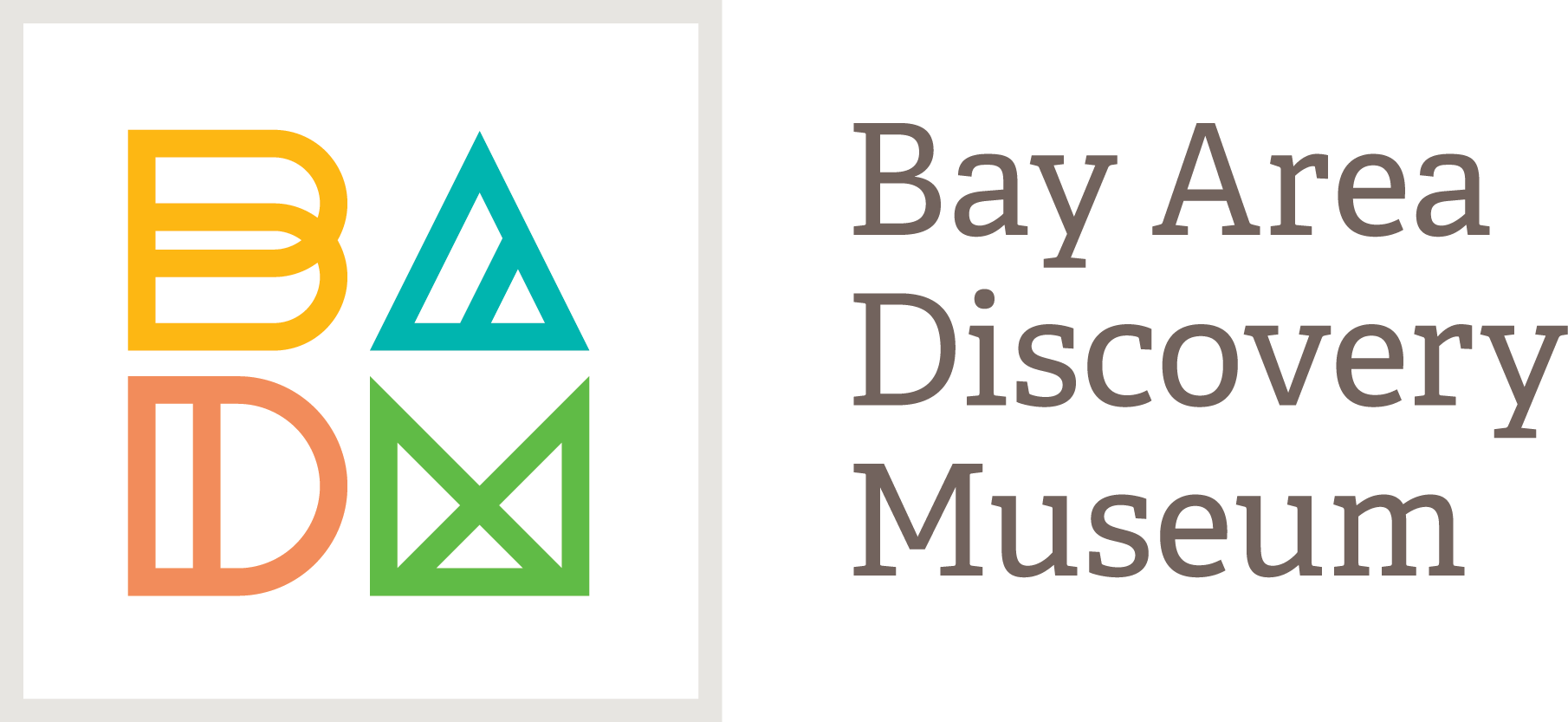
What is your school’s academic philosophy?
Inspired by the Reggio-Emilia approach used at the early childhood centers in Italy, The Discovery School’s (TDS) curriculum emphasizes playful learning experiences based on each child’s interests and curiosities. By exploring their passions, children learn about themselves, gain confidence and build crucial social-emotional skills for lifelong learning. TDS is located at Bay Area Discovery Museum in Fort Baker National Park allowing children and their educators to extend their learning into the natural environment through meaningful hands-on experiences.
How does your school support individual students’ learning needs?
TDS (The Discovery School) nurtures each child’s unique learning needs by providing open-ended experiences that encourage exploration and discovery in intuitive, resonant ways. Teachers familiarize themselves with each child’s learning style, strengths and areas needing support to facilitate learning experiences that expand children’s thinking. Empowered exploration with open-ended materials helps children cultivate their imagination, creativity, problem-solving and critical thinking skills, building confidence and reaching new growth milestones.
How does your school see Diversity, Equity and Inclusion (DEI), and how does it incorporate DEI practices into its programming?
Celebrating and supporting children’s unique identities is integral to TDS’s (The Discovery School) curriculum. By allowing children time and space to pursue self-directed interests, they feel a sense of belonging within their community because each child contributes ideas, agreements and activities that happen every day. Our tradition for birthdays is a celebration of inclusion and individuality. Each child’s family is invited to join the class and share notes of appreciation about the birthday child from their classmates and teachers. Families are also invited to share their traditions and culture with the class throughout the year. The classroom library is filled with books whose characters reflect the diversity of cultures and identities of the families in our program and community.
Headlands Preparatory School

What is your school’s academic philosophy?
At Headlands Prep, we believe that all students can grow as individuals and learners within a supportive and individualized learning environment. Headlands Prep is committed to developing and celebrating personal strengths as each student masters course content while building self-confidence and an understanding of their unique learning profile.
How does your school support individual students’ learning needs?
Headlands Prep analyzes each student’s strengths and preferred learning modalities. Our rigorous college preparatory curriculum is designed to be flexible, allowing students to progress at their own pace and tailor their educational experience to suit their individual needs. Through our personalized one-to-one model, our teachers can effectively engage with each student’s distinct interests, empowering them to articulate and develop their own thoughts, passions and opinions.
How does your school see Diversity, Equity and Inclusion, and how does it incorporate DEI practices into its classrooms and curricula?
At our school, we prioritize creating an inclusive environment where every student feels valued and supported. We celebrate diversity, ensuring that all students’ strengths and backgrounds are embraced. Through tailored curriculum and inclusive teaching practices, we promote equity and foster a community where everyone can thrive.
Landmark College
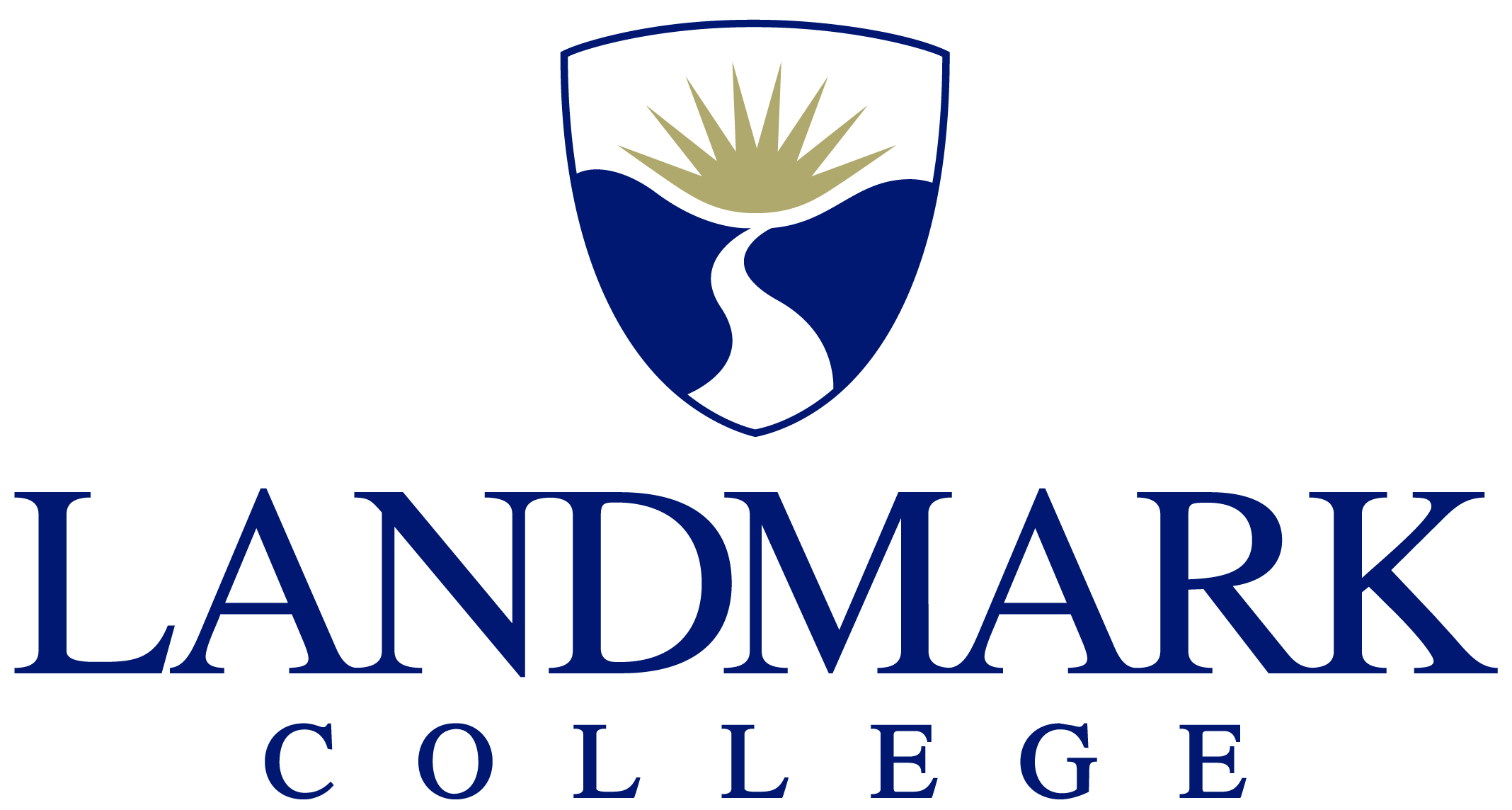
What is your school’s academic philosophy?
Landmark College is one of the only accredited colleges designed for students with learning differences, including dyslexia, ADHD, autism and executive function challenges. Our mission is to provide highly accessible approaches to learning that empower individuals to achieve their greatest potential. Rigorous academics are designed according to Universal Design for Learning and include a first-year course that requires students to research their own learning difference in order to foster critical thinking, self-advocacy and learning strategies. Social pragmatics are built into the living-and-learning experience at Landmark.
How does your school support individual students’ learning needs?
Students at Landmark College’s residential program receive more personalized, direct support from course instructors, residential life staff and academic advisors than at traditional colleges and universities. A student body of 450 and a 7:1 student-to-faculty ratio means students have access to a wide range of academic and social support. The Landmark College Success Center, located in San Mateo, follows the foundational principles of our Vermont campus, providing academic, executive function and social supports for neurodiverse teens, young adults and adults through methods that are based on and aligned with the Landmark College mission. Supports are provided online and in-person at our San Mateo location.
How does your school see Diversity, Equity and Inclusion (DEI), and how does it incorporate DEI practices into its classrooms and curricula?
Neurodiversity is diversity, and Landmark College and the Success Center recognize neurodiversity as a basic biological fact that refuses to separate individuals into “normal” and “abnormal” categories. Instead, neurodiversity requires acceptance of variation and acknowledges that diverse minds produce new ideas and insights. All courses, support services and social skills building at Landmark College and the Success Center are built upon the value that neurodiversity is a strength.
Lycée Français de San Francisco
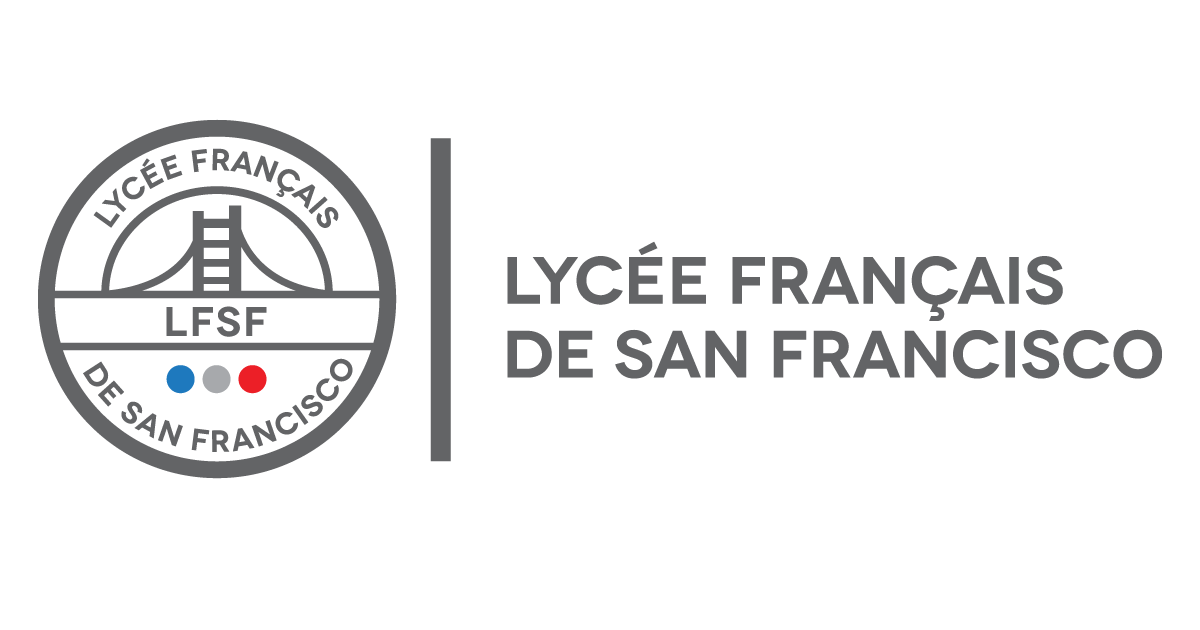
What is your school’s academic philosophy?
LFSF, the Lycée Français de San Francisco, offers a unique multilingual and multicultural education program designed to empower students to become adaptable global thinkers, able to make meaningful contributions to our world. From Preschool (2 years old) to High School, LFSF students grow up cultivating curiosity and critical thinking, empathy and respect for others.
How does your school support individual students’ learning needs?
At LFSF, students are learning with their individual needs supported by their teachers, a group of dedicated, experienced and mission-minded professionals. At the end of the day, students can rely on the support of teachers to help with homework, a useful resource when they can’t rely on the support of a bilingual parent at home. Additionally, our student-learning support team of specialized professionals (speech therapists, psychologists, learning specialists) can intervene with students who are experiencing difficulties in their academic journey, either learning difficulties and/or emotional challenges, that affect their academic performance and success.
How does your school see Diversity, Equity and Inclusion, and how does it incorporate DEI practices into its classrooms and curricula?
At LFSF, Diversity, Equity and Inclusion (DEI) are core values that shape our international educational approach. We integrate DEI practices into our classrooms and various bilingual curricula by promoting cultural awareness, respecting diverse perspectives and fostering an inclusive environment where all students feel valued. Our curriculum includes global viewpoints and multilingual education, preparing students to be compassionate, informed global citizens. Through continuous professional development, our faculty are equipped to support and engage with a diverse student body, and best prepare them for life wherever it may take them.
Marin Horizon School
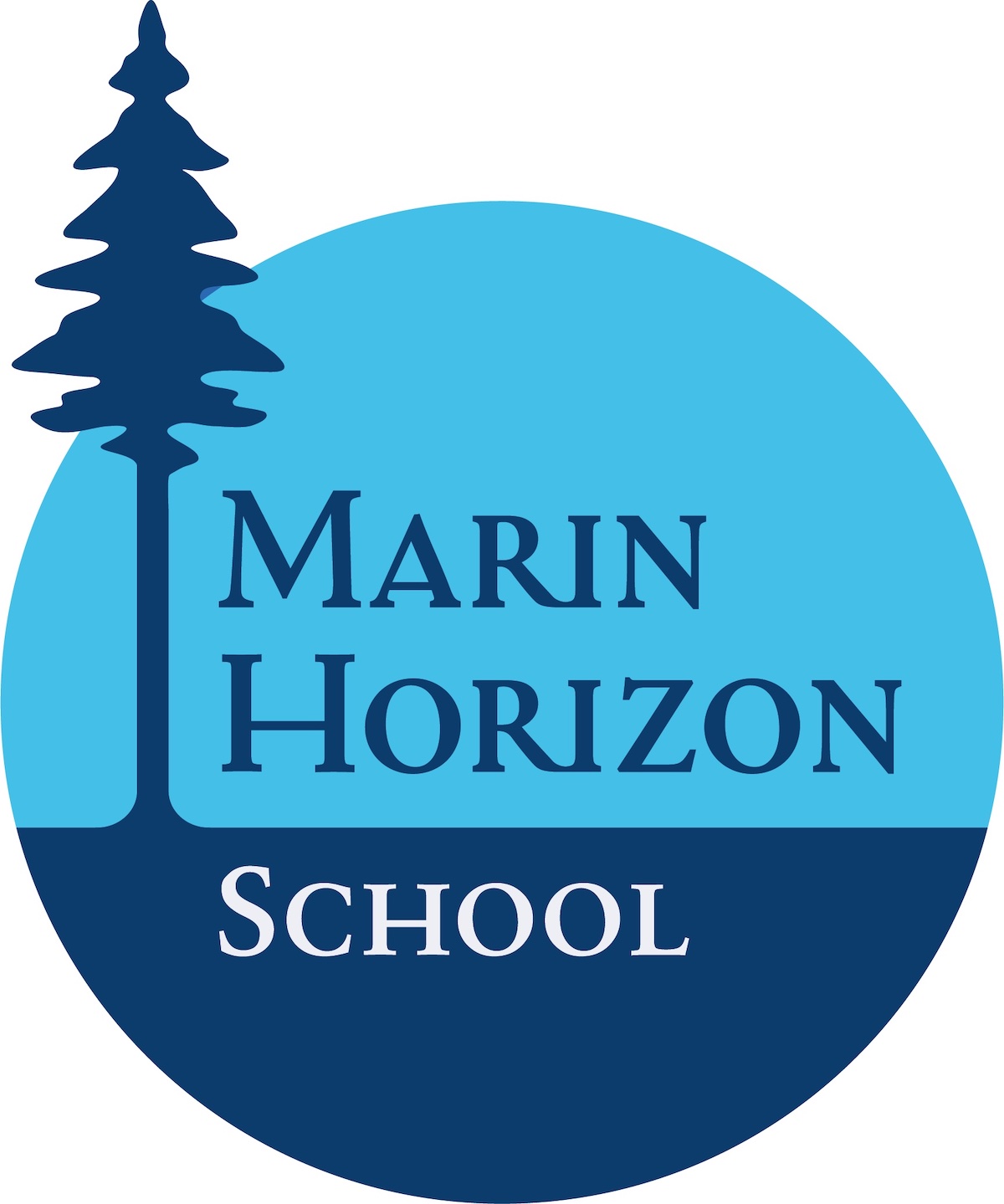
What is your school’s academic philosophy?
Marin Horizon School offers a challenging academic program combined with character-enhancing life skills to help each student develop their confident voice. Teachers incorporate Universal Design for Learning (UDL) principles as a framework for designing and delivering rigorous and engaging instruction.
At Marin Horizon, students become active participants in their own education, resulting in deep engagement and high achievement. Students are seen and valued for their authentic selves, developing confidence and courage to maximize their learning.
How does your school support individual students’ learning needs?
Marin Horizon dedicates both time and resources to ensure that the program honors and supports the individual learning styles of each child and that they understand what they need in order to succeed. Teachers differentiate instruction using the science-based UDL approach. Teachers, learning specialists, and administrators meet regularly to strategize on how to maximize each student’s experience. The practice of goal setting and self-reflection are modeled, practiced and woven into the curriculum.
How does your school see Diversity, Equity and Inclusion, and how does it incorporate DEI practices into its classrooms and curricula?
At Marin Horizon, we know that an academic education by itself is not sufficient to prepare students for the world they will encounter after graduation. Becoming empathetic, ethical thinkers and conscious leaders of the future requires direct exposure to diverse perspectives and life experiences today.
DEI isn’t a checkbox at Marin Horizon. It is in the fabric of everything we do. More than 35% of our students identify as a person of color. Different cultures, traditions and values are celebrated in classrooms, and diversity in gender, identity and sexual preference are appreciated.
Diversity is purposefully embedded into our curriculum through reading materials, civic topics, current events and collaborative projects, and our Community Association brings a focus to diversity through popular events like “What’s your dumpling?” and MLK Night.
Marin Primary & Middle School
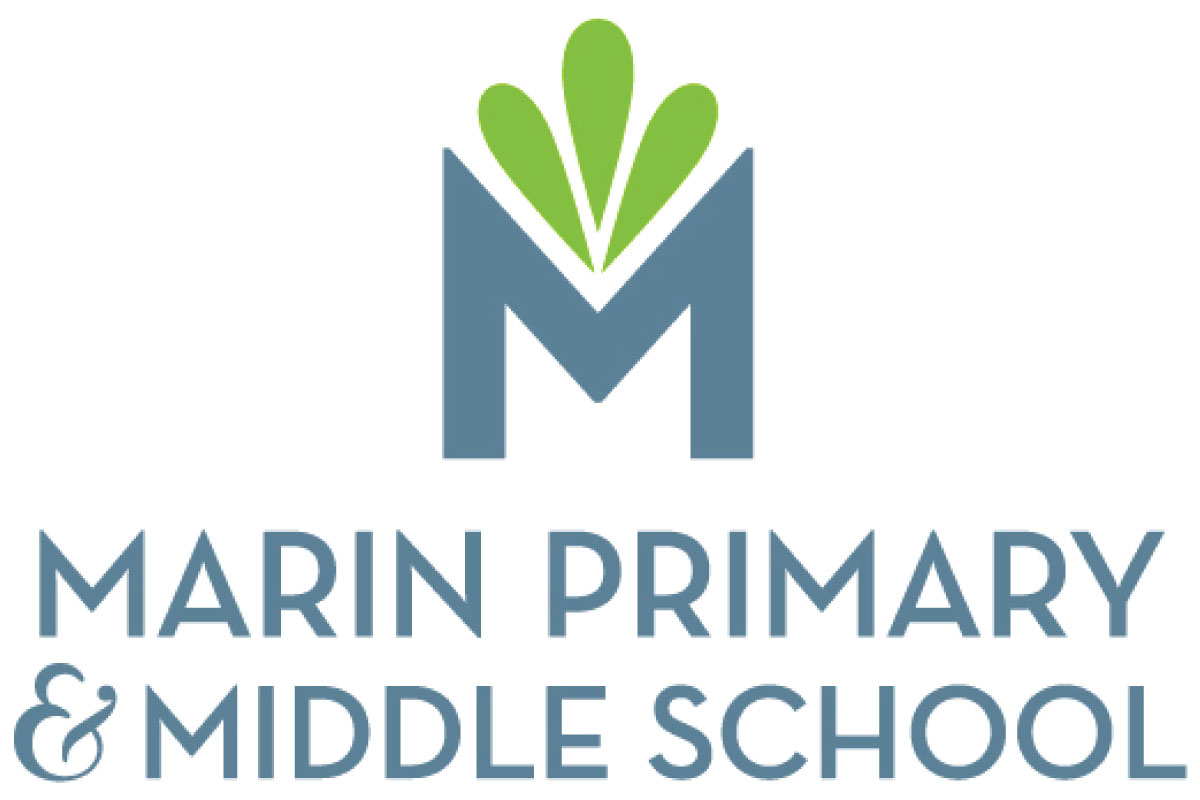
What is your school’s academic philosophy?
Marin Primary & Middle School offers a learning journey that amplifies each child’s inherent strengths, helping them to build the intellectual skills, social awareness and emotional courage that will serve them throughout their lives. From preschool through eighth grade, we engage children in a warm academic environment that embraces growth and honors the journey of learning. Each stage of their development is a building block to ensure future success in the classroom and beyond.
How does your school support individual student’s learning needs?
MP&MS teachers recognize and appreciate the unique learning profiles of our students, including their strengths and challenges. When students feel grounded and known, they are able to reach their potential as learners. Our Learning Resource Program (LRP) provides responsive support to students of all levels of learning and achievement to ensure every child is making progress and experiencing success.
How does your school see Diversity, Equity and Inclusion, and how does it incorporate DEI practices into its classrooms and curricula?
At MP&MS, DEI goes hand-in-hand with our academic program. We welcome students from different backgrounds and purposefully create a sense of inclusion and belonging on our campus. Teachers undergo anti-bias training and implement salient aspects of the Pollyanna Racial Literacy Curriculum. Our curriculum allows all students to learn about and appreciate a variety of perspectives. We celebrate different heritage months throughout the year and commit to honoring all members of our community. MP&MS alumni leave our school ready to enter diverse environments with confidence.
Mark Day School
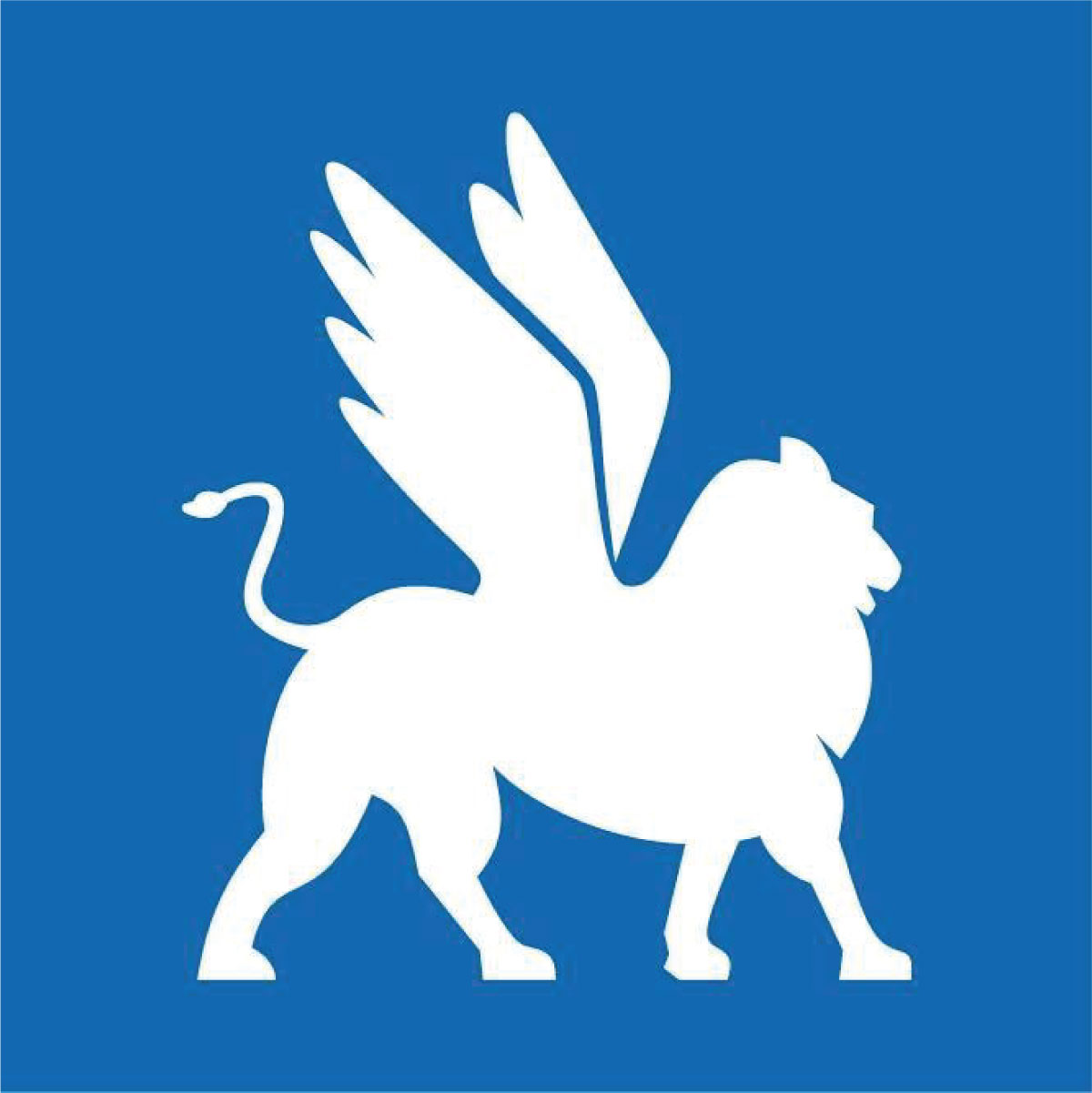
What is your school’s academic philosophy?
Mark Day School believes that students learn best through hands-on, interactive and collaborative work that challenges them just beyond their comfort zones. Students are also engaged in inquiry-based learning activities during which they question, hypothesize, explore, experiment, research and present their findings. Technology is thoughtfully integrated into each classroom as a means of research, differentiation and creating media-based projects.
How does your school support individual student’s learning needs?
We believe that learning is not a one-size-fits-all approach. Lessons, activities and classroom configurations often involve different modalities to support varied learning styles. Teachers across K–8 know each student deeply, and use this insight to inform differentiated lessons and activities and offer strategies to support and challenge students. Our learning specialists meet with students individually and in small groups and work closely with parents and guardians to educate them on their students’ learning profile.
How does your school see Diversity, Equity and Inclusion, and how does it incorporate DEI practices into its classrooms and curricula?
At Mark Day School, research and our experience make it clear that excellence in tackling complex tasks requires diversity, equity and inclusion. A diverse and inclusive classroom and community lead to better critical thinking and perspective taking, greater creativity and better performance when facing challenges. Every student benefits. We are preparing students to serve and to lead in our increasingly complex and interconnected world.
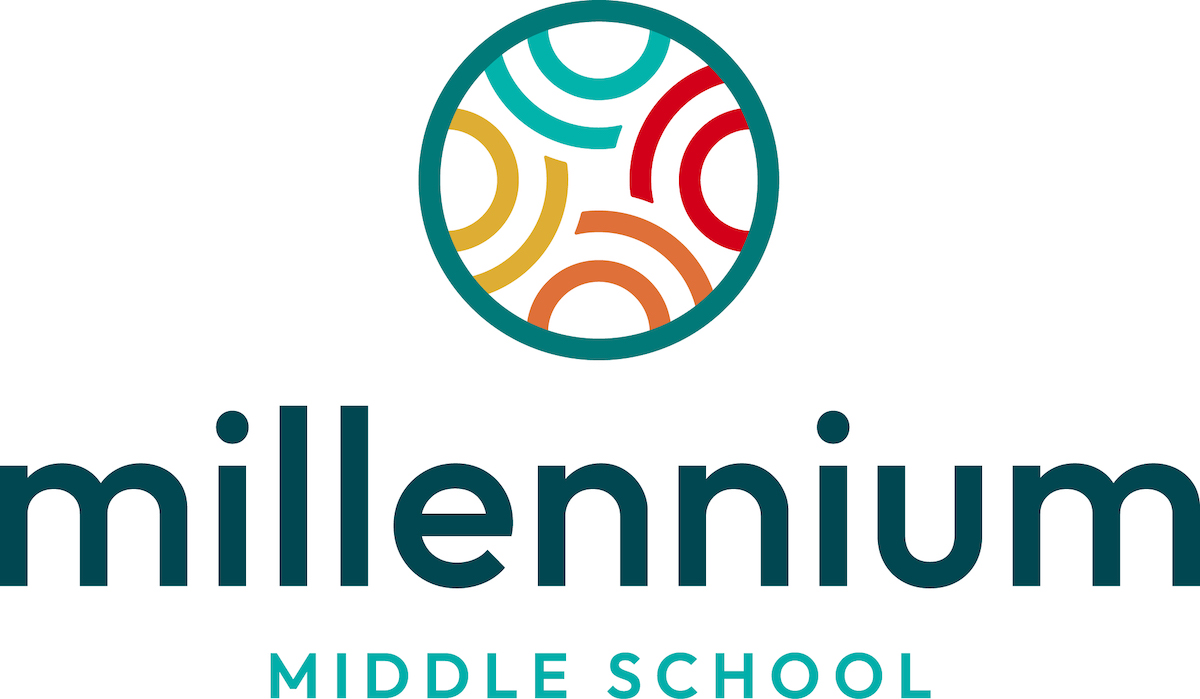
What is your school’s academic philosophy?
Millennium was uniquely created with middle schoolers in mind. Steeped in research from luminaries in neuroscience, psychology, developmental science, education and personal growth, Millennium is intentionally designed so that students can deeply explore themselves and their world. Our program is made up of three pillars: whole-self education, inspired academics and real-world experiences. This combination of immersive, rigorous learning experiences honors this period of early adolescence for what it is: a time of heightened curiosity and creativity, identity formation and the building of strong emotional skills and social connections.
How does your school support individual students’ learning needs?
Millennium embraces inclusivity, welcoming students with diverse learning profiles. Our approach is rooted in the understanding that each student’s educational needs are unique. We are committed to supporting neurodivergent students and addressing social-emotional issues, guided by the latest insights from neuroscience. We recognize and celebrate different learning styles, acknowledging that each individual has both strengths and areas for growth. Students who have not thrived in traditional educational settings often find success at Millennium due to our progressive, hands-on and individualized approach.
How does your school see Diversity, Equity and Inclusion (DEI), and how does it incorporate DEI practices into its classrooms and curricula?
At Millennium School, we know it takes commitment and prioritization to offset systems of oppression and implicit bias. We are committed to becoming a fully anti-racist multicultural organization helping to transform society. This means we are constantly learning about personal, cultural and systemic barriers in our society to better understand how to create structures of accountability that increase equity.
We are committed to our J.E.D.I values (Justice, Equity, Diversity and Inclusion) in every area of our school community and the world beyond. Our belief in the importance of these values stems from our developmental understanding of identity formation and empathy development. Middle school is the time when adolescents ask and answer three fundamental questions: Who am I? How do I relate to others? What will I contribute to the world? By guiding our students to learn how to incorporate multiple viewpoints and experiences, it enables them to honor what is unique within themselves while developing the ability to affect meaningful change in the world.
Mount Tamalpais School
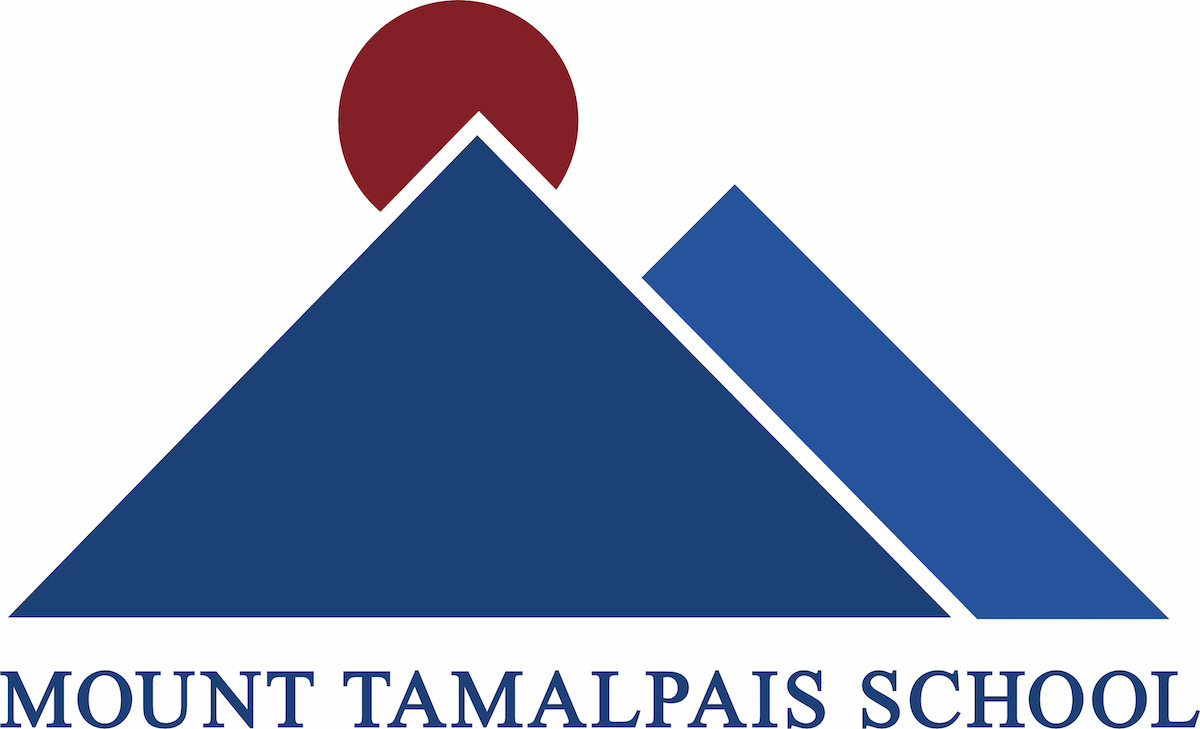
What is your school’s academic philosophy?
The unparalleled academic program at Mount Tamalpais School is dedicated to cultivating knowledge and valuing childhood. Our mission — “Where Learning is Revered, and Education is Joyful” — is central to our approach, which is geared toward both rigorous academics and playful exploration. Guided by our community values in our strategic plan, we are focused on creating a community of kindness, inclusion and belonging. We strongly believe that our students will only truly thrive academically when they feel seen, heard and valued.
How does your school support individual student’s learning needs?
We support a range of learners at MTS. Our teachers, experts in the subject that they teach, are able to differentiate their lessons to meet the needs of their students. Our two learning specialists also work directly with our faculty to monitor the growth and learning of all students and ensure that class time meets the needs of our neurodiverse learners, while highlighting the strengths of all students.
How does your school see Diversity, Equity and Inclusion, and how does it incorporate DEI practices into its classrooms and curricula?
Mount Tamalpais School is committed to ensuring that every member of our diverse community is seen, valued and heard. Inclusion, equity and belonging are practiced by consciously inviting each person and family — students, teachers and caregivers — to bring their full selves to campus and share their own experiences and perspectives. Throughout our program, we center one of our school values: “Practice Active Inclusion.” Each year our students learn from primary resources, guest speakers and experiences outside the classroom walls to deepen our understanding of the full human experience.
Sacred Heart Cathedral Preparatory
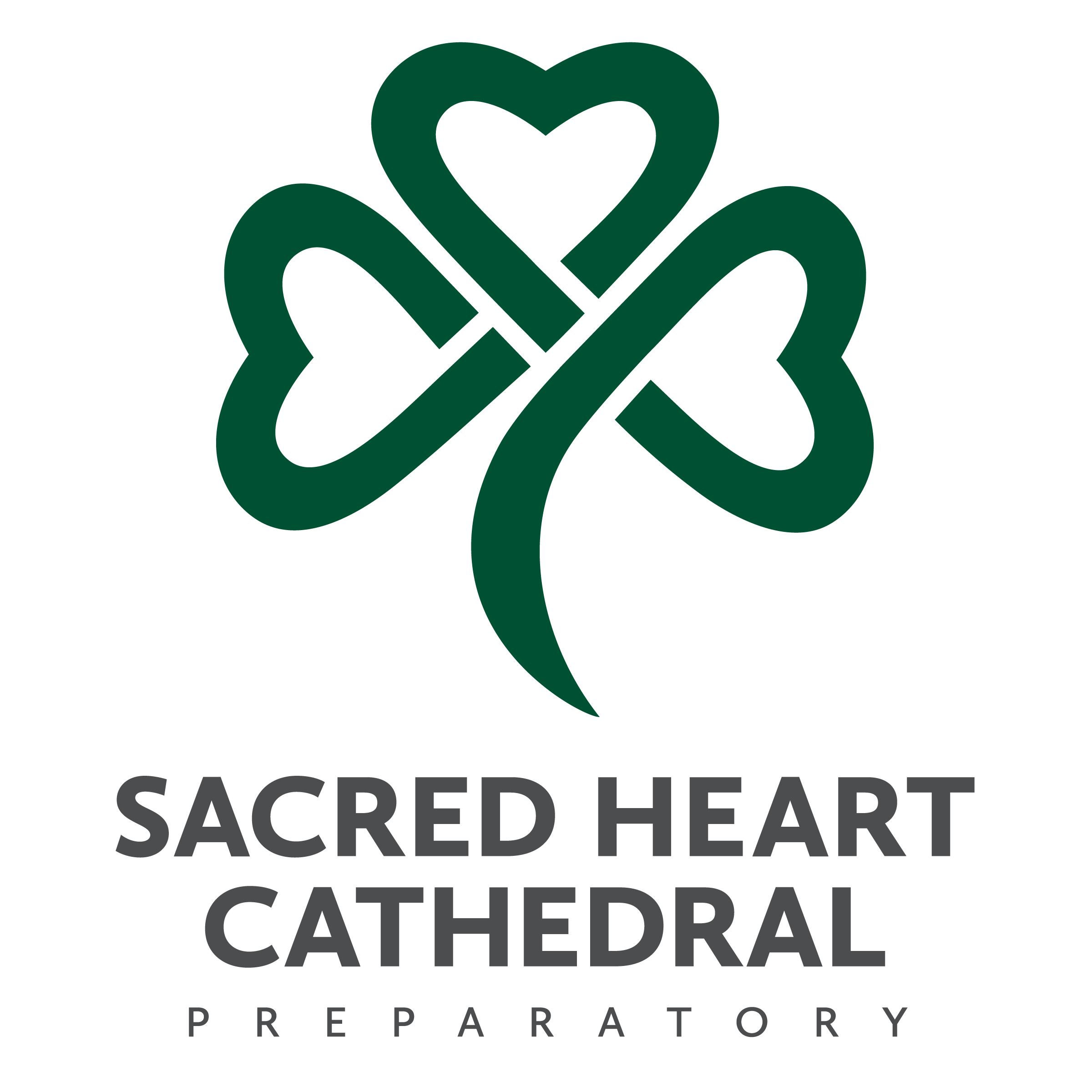
What is your school’s academic philosophy?
Sacred Heart Cathedral Preparatory offers a unique educational experience to Bay Area students. Our Catholic high school is sponsored by the Daughters of Charity and the Christian Brothers, the only high school of its kind. SHC focuses on academics and all aspects that make a person whole. As a preparatory high school rooted in an inclusive community of faith, we help prepare young adults for a lifetime of success. Our curriculum is designed to provide students with a strong educational college prep foundation in which they develop academic curiosity, critical thinking skills and a desire to serve and lead in their communities.
How does your school support individual students’ learning needs?
Sacred Heart Cathedral Preparatory provides academic resources to students with documented learning differences to ensure that all students are fully integrated into the curriculum and campus life. Along with our dedicated faculty, collaborative learning spaces and wellness curriculum, students receive accommodations and assistance in developing self-advocacy skills and strategies that stress independent learning to prepare them for college.
How does your school see Diversity, Equity and Inclusion (DEI), and how does it incorporate DEI practices into its classrooms and curricula?
Inspired by the Daughters of Charity and the De La Salle Christian Brothers, Sacred Heart Cathedral Preparatory’s mission is to provide the finest education in an inclusive Catholic community of faith. Grounded in our mission and aligned with Catholic Social Teachings and the Gospels, our priority is to promote a sense of belonging for every student in our care. SHC provides training to its faculty and staff to meet the needs of all its students through its academic programs and resources, including guidance counselors.
Saint Hilary School
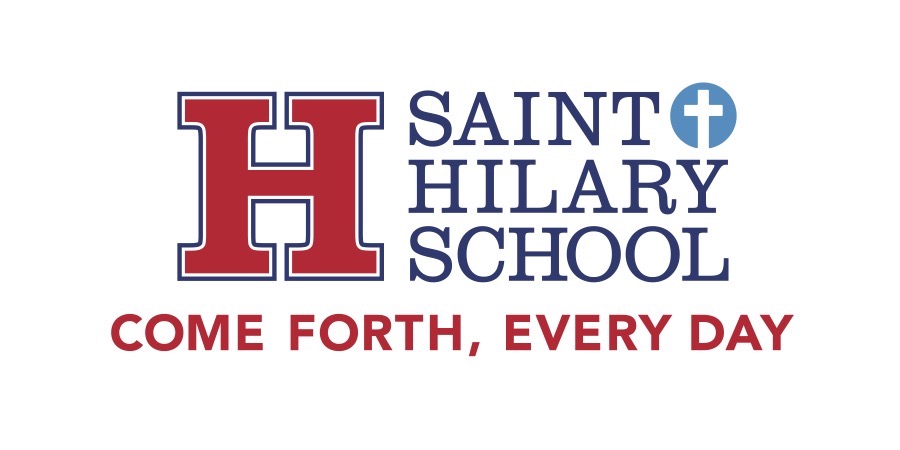
What is your school’s academic philosophy?
Our academic philosophy is to create inspired and enthusiastic learners who go on to succeed in their educational careers. Saint Hilary’s philosophy is to enable our students to actively participate in their learning and demonstrate a strong foundation in the basics of all curricular areas. We present challenging curricula that support their curiosity to learn, work independently and cooperatively, and critically think for themselves.
How does your school support individual students’ learning needs?
We offer dedicated enrichment and support opportunities for our students in the development of their reading and mathematical skills. Our teachers tailor their lesson plans to support all types of learners, incorporating multiple learning methods. We offer tutoring and after-school assistance if needed.
How does your school see Diversity, Equity and Inclusion, and how does it incorporate DEI practices into its classrooms and curricula?
At Saint Hilary School, we strive to honor the virtues of dignity and solidarity in accordance with Catholic Social Teaching. By living out these themes of Catholic Social Teaching, we embody our Catholic identity and can pursue justice and peace. As Catholics, we are called to do the work to achieve equity and social justice, live by the teachings of Christ Jesus and build a community that embraces, celebrates and honors the full diversity of humanity. We must remember that all of us are made in the image and likeness of God, and as such, are to be honored, celebrated and respected.
San Domenico School
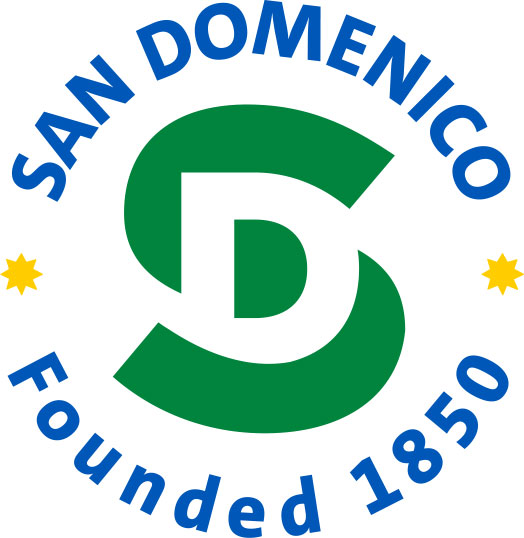
What is your school’s academic philosophy?
San Domenico provides a rigorous and responsive academic program balanced by its core values of study, reflection, community and service. Our innovative program includes a commitment to leading the way in redefining the metrics of achievement, graduating inspired students who are equipped to create a better world.
How does your school support individual students’ learning needs?
Central to our philosophy is the belief that what students do with their education is just as important as their academic achievement. Students are encouraged to reflect on their learning, find their purpose and celebrate in community. When students develop a deeper sense of purpose, their academic engagement increases along with their well-being, resilience and leadership.
How does your school see Diversity, Equity and Inclusion, and how does it incorporate DEI practices into its classrooms and curricula?
San Domenico views Diversity, Equity and Inclusion as part and parcel of our mission, integrated deeply into our classrooms and curricula. From service-learning capstone projects to social justice classes and self-reflection, we expand student understanding of DEI principles in developmentally appropriate ways across our K–12 programming. As a global community of lifelong learners, our commitment to social, racial and environmental justice inspires students to make a positive impact in the world by developing the skills and knowledge necessary to lead with courage, wisdom and kindness.
Sterne School
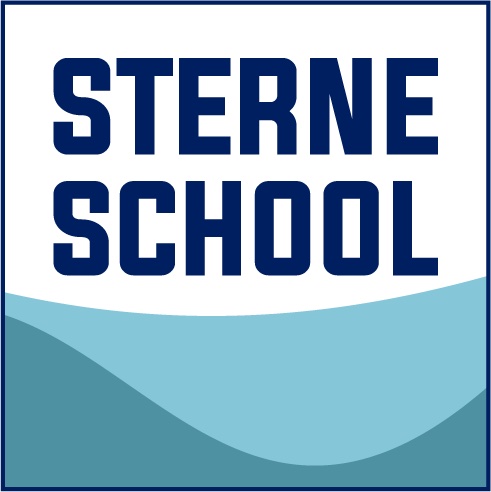
What is your school’s academic philosophy?
At Sterne, we know that in a world where everyone’s learning profile is unique, there cannot be a one-size-fits-all educational approach. Every day, we teach students how to unlock the learning style that works best for them. We believe that all students can be confident, capable learners when support is a part of — not an exception to — the school day.
How does your school support individual student’s learning needs?
At Sterne, we start with strengths. Every student’s learning profile is known and supported. Our faculty helps students achieve continued success in subjects in which they excel, while targeted support builds confidence in areas that require more focus and attention. Each Sterne student is seen and understood, and by acknowledging everyone’s uniqueness, we are able to truly bring joy to their learning. Our customized approach to learning is not an add-on, it is integrated into every class every day.
How does your school see Diversity, Equity and Inclusion, and how does it incorporate DEI practices into its classrooms and curricula?
The Sterne community is centered in learning from everyone’s uniqueness, creating self-advocates who strive to develop awareness, empathy, cultural competency and allyship in the Sterne community and beyond. Diversity in learning, in thinking and living are core to creating inclusive and diverse learning opportunities. Sterne is proud of its role in empowering neurodivergent thinkers, and strives to meaningfully incorporate DEI practices into all aspects of our program — from cross-curricular, project-based lesson plans; to staff- and student-led DEI initiatives, affinity groups and diversity councils; to experiential travel, immersive workshops and interactive experiences with visiting speakers, authors and artists.
St. Ignatius College Preparatory
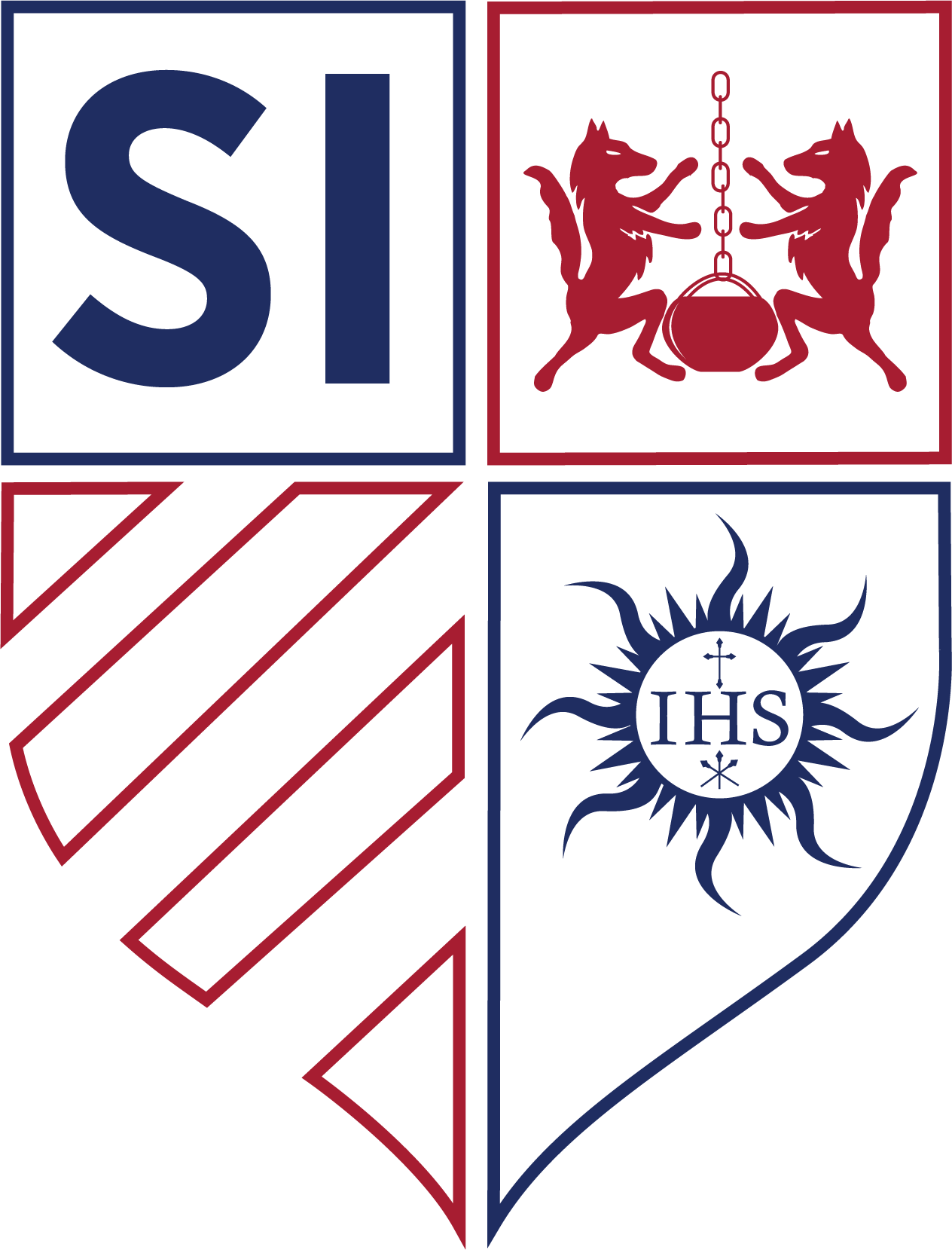
What is your school’s academic philosophy?
SI’s college preparatory curriculum helps students build knowledge and skills that lead to wisdom, understanding and action. In a community with caring adults, students learn to work collaboratively and individually, synthesize information, address complex problems, communicate effectively and seek purpose. They graduate prepared not just for further academic study, but to engage with the world as people with and for others.
How does your school support individual students’ learning needs?
We do not place students on rigid academic tracks that lock them into courses years in advance. We want students to seek out academic paths that match their interests as they develop. Furthermore, students are encouraged to use our Center for Academics and Targeted Support. Through a collaborative approach that includes administrators, counselors, teachers, students and parents, CATS gives students who have unique learning needs the appropriate academic support and accommodations they need to be successful at SI and beyond, which also makes it a resource that benefits all students.
How does your school see Diversity, Equity and Inclusion (DEI), and how does it incorporate DEI practices into its classrooms and curricula?
We strive to be a just, inclusive and Catholic, Ignatian community where all students, faculty, staff, parents and alumni feel seen, heard, valued and loved, and experience full acceptance. From our Magis High School Program — an academic, social and cultural support program for students historically underrepresented at SI and institutions of higher education — to our ethnic studies curriculum and more, we have put policies and structures in place to build capacity for cultural competency now and in the future.
St. Patrick School
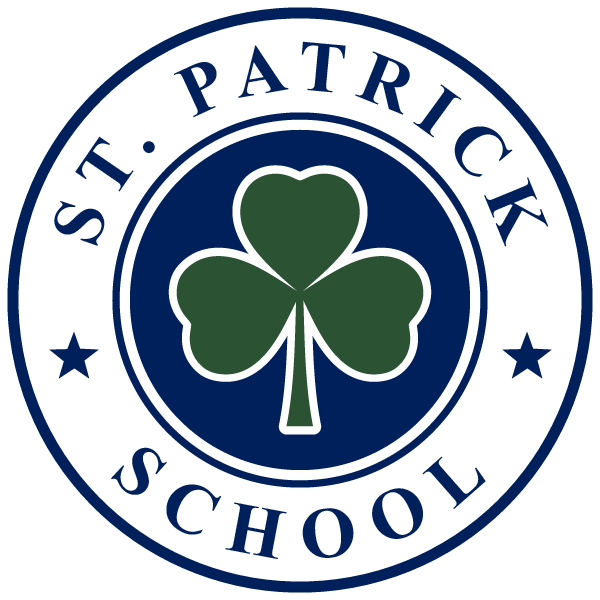
What is your school’s academic philosophy?
We believe that a Catholic education means living with a respect for God, self and others every day, and that this constant presence-of-mind is a critical component to developing a kind, reflective and responsible student. We are welcoming of all faiths and backgrounds, and this inclusive environment creates a safe space for learning. Our educational environment consists of an innovative curriculum that cultivates engaged learners and encourages students to work to their full potential, inspiring them to develop an enthusiasm for lifelong learning.
How does your school support individual student’s learning needs?
Student learning is monitored with formal and informal assessments on an ongoing basis by our teachers and Resource Specialist. Our team of dedicated teachers work to meet each student where they are at with the curriculum and provide either the remediation or enrichment they need to succeed and thrive. We have also expanded our Social Emotional Learning curriculum to meet the growing emotional needs of our students in a post-pandemic world.
Winston Preparatory School
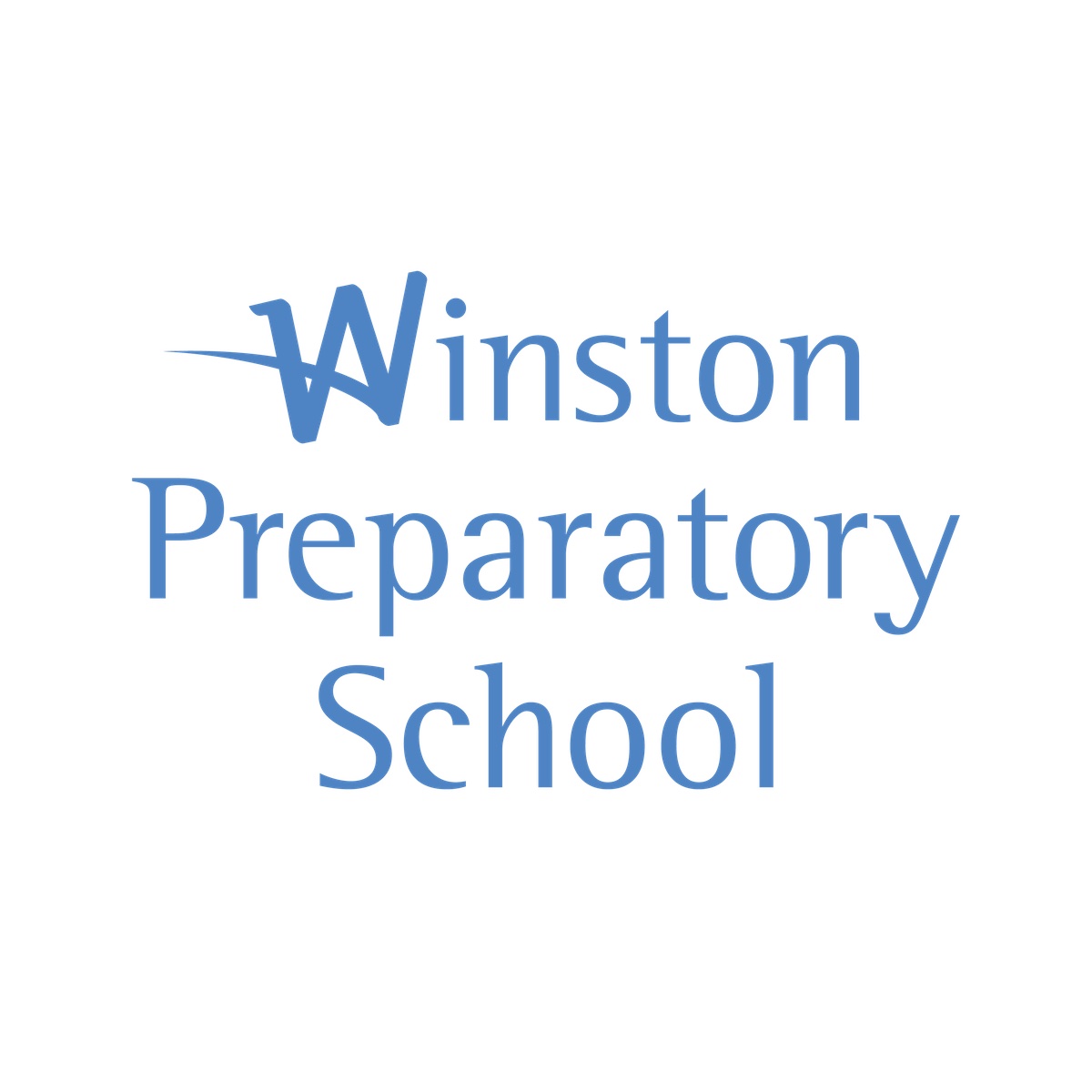
What is your school’s academic philosophy? How does your school support individual student’s learning needs?
What makes Winston Prep Marin’s learning model different from other traditional learning programs is the way it helps cultivate a deep understanding of each student’s individual needs. Serving students in grades 3–12 with learning differences such as ADHD, dyslexia and nonverbal learning disabilities (NVLD), Winston Prep faculty continually assess how students respond to their individualized skill development plan. Students also receive one-to-one remediation daily, focusing on their specific academic and social goals. Winston Prep’s Focus program ensures that students are continuously evolving and developing skills, helping them thrive.
How does your school see Diversity, Equity and Inclusion, and how does it incorporate DEI practices into its classrooms and curricula?
At Winston Preparatory School, we have a long-standing history of prioritizing social-emotional skill building, including the skill of Social Responsibility. Explicitly developing this skill instills the voluntarily assumed obligation toward the good of society at large as opposed to the self alone. Reflection practice develops students’ understanding of self and others, cultivating empathy and appreciation of varied perspectives and backgrounds, while community experience allows the opportunity to apply the value of diversity and equity, practicing mindful inclusiveness in and out of the classroom.
Tucker Sennett contributed to this article.
